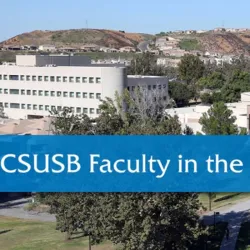
Kate Liszka and David Yaghoubian (history), Brian Levin (criminal justice) and Anthony Silard (public administration) were included in recent news coverage.
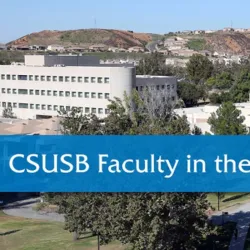
Daisy Ocampo, Marc Robinson and David Yaghoubian (history), Barbara Sirotnik (information and decision sciences) and Brian Levin (criminal justice) were included in recent news coverage on various topics.
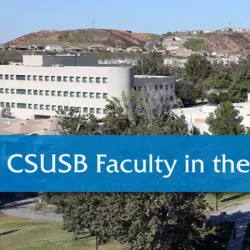
Michael Stull (management), Anthony Silard (public administration) and Brian Levin (criminal justice) were included in news coverage on various topics.
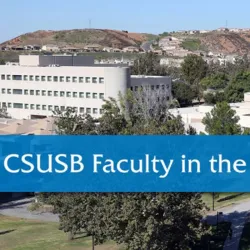
Brian Levin (criminal justice) and Ahlam Muhtaseb (communication studies) were quoted in recent news coverage.
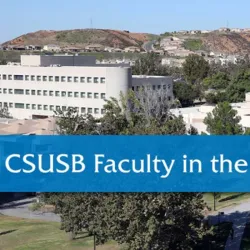
Matthew Des Lauriers (anthropology), Brian Levin (criminal justice), David Yaghoubian (history), Alemayehu G. Mariam (political science, emeritus) and Enrique Murillo Jr. (education) were included in recent news coverage.
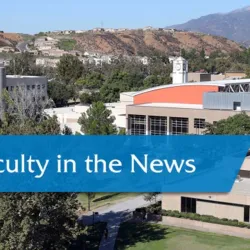
Lorraine Hedtke (psychology), Meredith Conroy (political science), Julie Paegle (English), Francisca Beer (finance), Jason Ng (kinesiology) and Brian Levin (criminal justice) were included in recent news coverage.
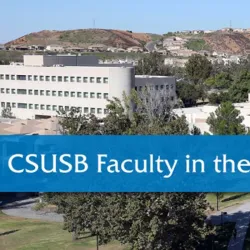
Zachary Powell (criminal justice), Marc Robinson (history) and Rafik Mohamed (dean, College of Social and Behavioral Sciences) were interviewed for a segment on the history of policing Black communities, and Brian Levin (criminal justice) commented on the latest news involving NASCAR, a noose in a racetrack garage and Black racecar driver Bubba Wallace.
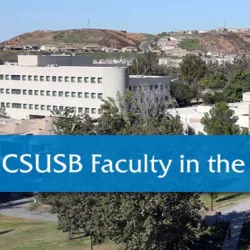
Enrique Murillo Jr. (education) will be a panelist on a virtual forum on making remote learning equitable, Brian Levin (criminal justice) sheds light on the "Boogaloo" movement, and Anthony Silard (public administration) writes on the downside of smartphone usage.
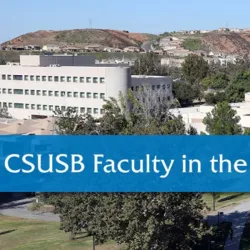
Brian Levin (criminal justice) discussed the arrest of a U.S. soldier accused of passing on classified information to a neo-Nazi group, NASCAR driver Bubba Wallace’s effort to ban the confederate flag from car racing events, and the complex landscape of extremist groups, movements and individuals and the threat they pose.